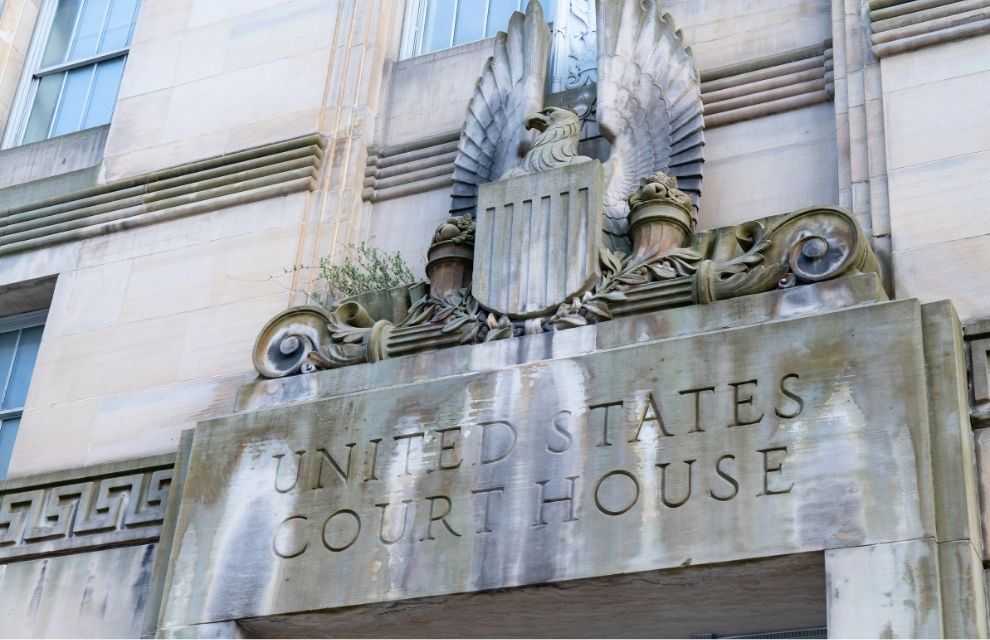Nine captive insurance domicile associations and the Self-Insurance Institute of America (SIIA) have filed an amicus brief in support of state insurance regulation with the US Court of Appeals for the Third Circuit in the ongoing case, United States of America v. Delaware Department of Insurance (DDOI). Led by the Delaware Captive Insurance Association (DCIA), the other amicus parties represented captive insurance associations from the domiciles of Arizona, District of Columbia, Missouri, North Carolina, Oklahoma, South Carolina, Tennessee and Utah. The case concerns summons served by the Internal Revenue Services (IRS) on the DDOI to disclose regulatory filings and other information received by the department from Delaware-domiciled captive insurance companies. The DDOI responded to the summons with the state’s confidentiality statute, Section 6920 of the Delaware Insurance Code, which provides immunity from subpoena and disclosure of confidential documents relating to the licensing of captive insurance companies. In addition, the section prohibits either the commissioner or DDOI from disclosing such documents without the express approval of the relevant captive. Section 6920 allows an exception to this immunity if the law enforcement agency (in this case, the IRS) agrees to hold the confidential information consistent with Section 6920. The DDOI offered to disclose the relevant information under this exception, which the IRS refused. DDOI’s motion was denied by the lower court, leading to the current appeal. The brief describes that the district court’s decision “negatively impacts the insurance industry on a nationwide scale”. The brief continues that confidentiality measures are in place for both traditional and captive insurance companies to promote the solvency of insurance companies, as well as protect the proprietary information belonging to these insurers. Citing the McCarran-Ferguson Act, which expressly provides states with the power to regulate and tax the business of insurance, the amicus brief argues that Congress did not intend for the IRS to be able to subpoena a state insurance department for confidential information under this legislation. In a statement, DCIA concludes: “It is the hope of the captive industry coalition that the appeals court will overturn the district court’s decision, which is contrary to the intent of Congress and undermines not only Delaware’s authority to regulate the business of insurance, but also insurance regulations across the country.”


